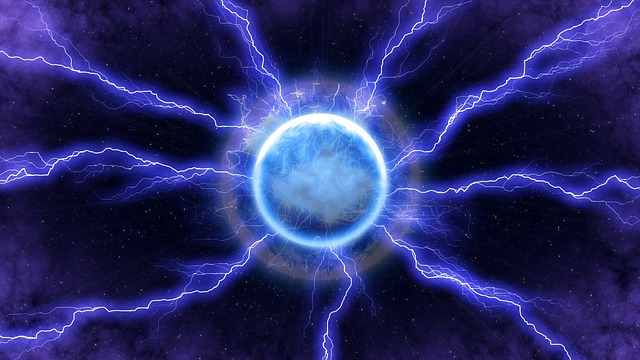
Electrophoresis is a phenomenon that involves the movement of particles due to the influence exerted by an electric field.
The etymology of electrophoresis takes us to the French word electrophorèse . This term, in turn, is formed with the union of electro- (that is, the prefix electro- ) and the Greek phórēsis (which can be translated as "transport" ).
Before continuing with the definition of electrophoresis, it should be noted that the compositional element electro- refers to what is linked to electricity or electricity . Electricity is called the force manifested by the rejection or attraction between charged particles and the form of energy that is based on this force.
What is electrophoresis
The dictionary of the Royal Spanish Academy ( RAE ) indicates that electrophoresis is a phenomenon that consists of the movement of substances due to the influence exerted by an electric field . The notion also refers to a technique for separating elements that is carried out taking advantage of the aforementioned displacement.
For electrophoresis to occur as a phenomenon, there must be an electric field : that is, a spatial region at whose points the intensity of an electric force (the force generated between electric charges) is defined. The application of an electric field causes negatively charged particles to move toward the positive electrode, while positively charged particles move toward the negative electrode.
Electrophoresis, then, is the migration developed by charged particles found inside an electric field. In other words, the electric field induces the mobility of the particles. This mobility can be used to carry out a technique that helps separate molecules, also called electrophoresis.

Thanks to electrophoresis, it is possible to separate substances.
A separation technique
As a technique, electrophoresis consists of exploiting the aforementioned phenomenon to separate molecules and substances. This separation can be carried out in different ways, such as using a porous matrix , using the hydrated surface of a solid or using a solution .
Depending on the method chosen, the separation will be linked to the mass or electrical charge of the molecules. Therefore, according to how the conditions used in electrophoresis are manipulated, molecules can be separated based on the desired size range.
With electrophoresis, proteins , ribonucleic acid ( RNA ) or deoxyribonucleic acid ( DNA ), for example, are separated. One of the most common resources is to use a gel so that, with the movement of the molecules motivated by the electric field, the pores function as a sieve.
Factors influencing electrophoresis
At a general level it can be stated that electrophoresis depends on the electric field. What is important to keep in mind is that the electric field, for its part, acquires its particular characteristics from multiple parameters .
If we focus on the development of electrophoresis, we can maintain that the mobility and speed of the molecules are associated with the resistance , intensity and potential difference of the electric field. Heat is another variable that modifies the properties of electrophoresis, making temperature control essential.
